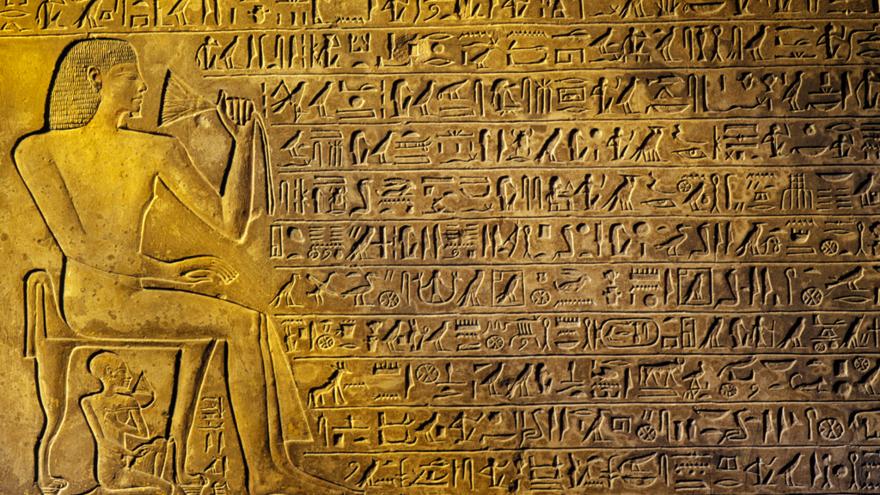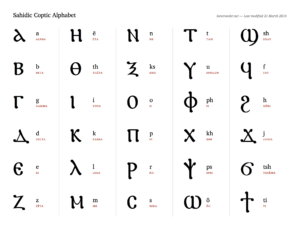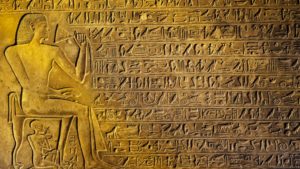The Egyptian vernacular has always been a big fat question mark to everyone, including Egyptians themselves. Each Arabic speaking country has its own accent or dialect — most countries are split into groups though. The Levantine dialects for instance are quite similar, the Gulf countries also share their similarities as well. However, Egypt happens to be one of the few countries that just stands alone.
Why is that? Turns out that other languages have had their share of influence on the dialect, some words were carried over and some were Arabized. So, is Egyptian Arabic really Arabic after all? I’ve put my Sherlock Holmes hat on to find out.
Ancient Egyptian and Coptic
The world’s first emojis, AKA Ancient Egypt’s Hieroglyphics, had to be on top of this list along with the Coptic language which was known as Demotic Egyptian or the language of the people. The original languages of Egypt had to leave a print after the Arab conquest of the country. Words such as nounou and bo3bo3 were derived from Coptic, meaning little and ghost. Additionally, the ancient Egyptian word twt, which means done, later on resulted into what we end a bedtime story with today, tuta tuta.
Turkish
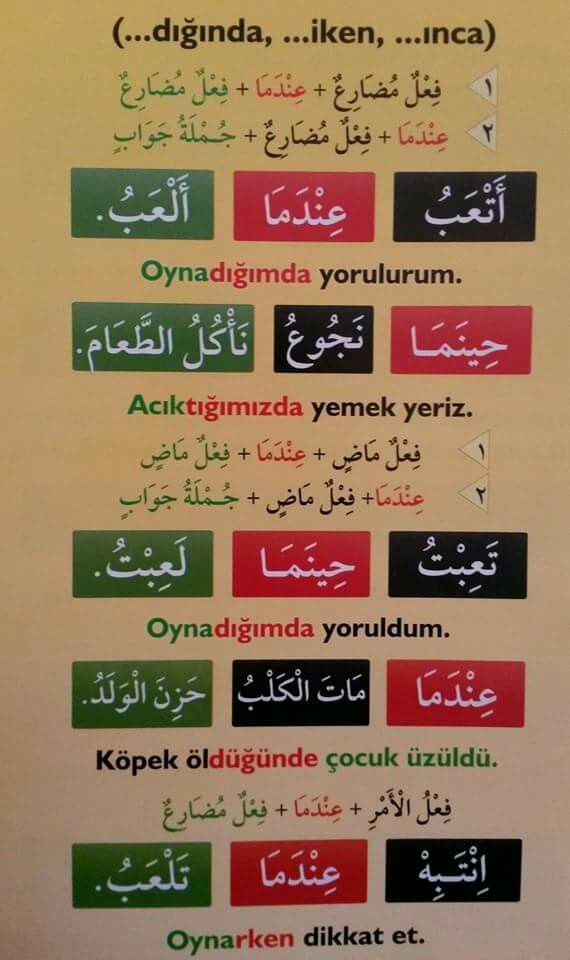
The Ottoman Empire has left us with words such as abla, as in older sister, and gazma which came from cizme, which means boot. But, how can we know that these words were actually Turkish when the only Turkish we know is Syrian dubbing?
Persian
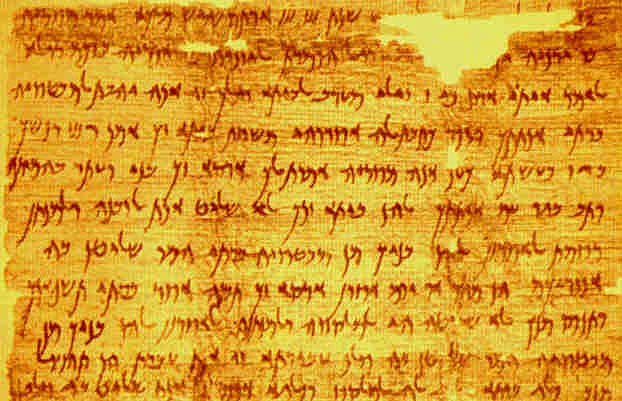
The Persian language also had an impact with words such as kham, khana and dasta.
Languages of Latin Origin
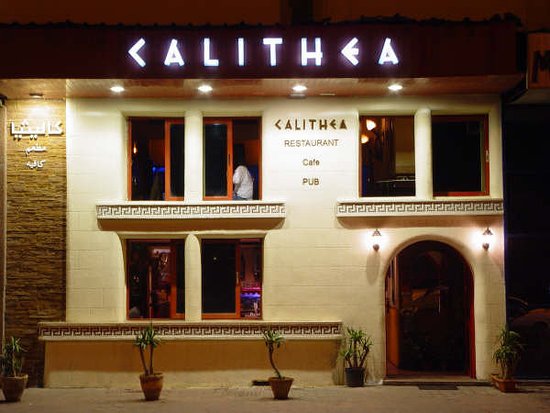
The French and British occupations of Egypt have had their share of influence for sure. Doseh, what we call a file, is originally dossier, which is a French word. As well as the word alaga, slang for looking stylish or fashionable, which is also coming from the French word élégant. There are tons of French-Egyptian examples out there, including the infamous Egyptianization of Beau Lac du Caire, as it turned into Boulaa’ El Dakrour. And the list goes on. The Brits then left us with words like ballona and stamba, originally stamp. Those didn’t come out of nowhere either. Cosmopolitan Alexandria has its share as well, to be more precise, the Greek and Italian (look above) communities living there back then had a great influence. Bagno, or as we call it banyo, which is a bathtub; as well as guanti, which means gloves, are actually Italian words. Then there’s of course roba bikya which is originally roba vecchia in Italian, which means old stuff.
Regarding the Greek influence, the Greek words for sofa and table are good examples. “καναπές”, which is pronounced as kanapés, was turned into kanaba; while the word tarabeiza was derived from “τραπέζι”, which is pronounced as trapézi.


